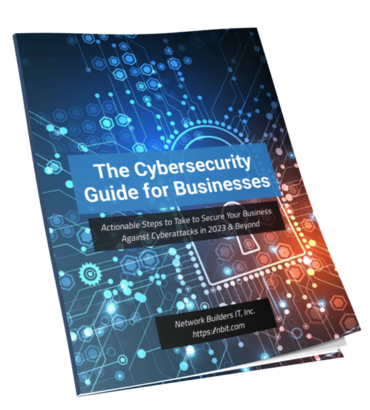
Reasons to Avoid Public Wi-Fi
Public Wi-Fi is a tremendous resource, with those who use it likely needing to gain more knowledge of the risks involved. This post will discuss the types of threats lurking in public hotspots.
1. Public Wi-Fi is an Open Network
Public Wi-Fi is an open network, just like your standard home network. This means that anyone can join your network and access the information you have in it. This includes personal information such as your name, address, and social security number. Public Wi-FI access points are also a prime target for hackers because they are typically low security, enticing to many people, and generate high traffic.
2. The Data You Send on Public Wi-Fi is Not Encrypted
Communication over public Wi-Fi networks is not encrypted, unlike HTTPS communication which is encrypted using TLS. This means that your information can be viewed by anyone who happens to be on the same network as you (whether they mean to or not).
3. You Don’t Know Who’s Accessing the Public Wi-Fi
You need to know who is accessing the public Wi-Fi that you are connected to, and there is really no way to do that safely. Additionally, you could be subject to illegal acts performed by those on the network, such as video piracy, or copyright theft.
4. Your Device is at Risk of Exposure to Viruses or Malware
SSIDs are broadcast quite openly, which results in them being vulnerable to be “sniffed”. This information can then be used to launch attacks such as DoS (Denial-of-Service) attacks on the network that your client machine has connected to. Such attacks would prevent you from re-accessing the network, and you may only realize it once it’s too late.
5. Your Identity Can Be Exposed
When connected to a public Wi-Fi network, your activity is recorded. This can include who you are connecting with, what websites you visit, and even what files you download. If someone were to gain access to this information, they could use it to create fake identity documents. These documents could potentially be used for fraud or other illegal purposes.
6. Your Location Can Be Exposed
Your location can also be exposed when you connect to a public Wi-Fi network. This is not only for the person accessing the network but for all connected devices. This could allow someone monitoring the public Wi-Fi to track your location. This can be a very dangerous situation and can be used to attempt further exploits.
Bottom Line
Public Wi-Fi is a beneficial resource, but there are genuine threats associated with it as well. It is in your best interest to avoid public Wi-Fi altogether due to the risks posed by these threats. If you must use public Wi-Fi, consider using applications that encrypt your data over the network (e.g., VPN software) and only connect to secure sites that use HTTPS rather than HTTP.

